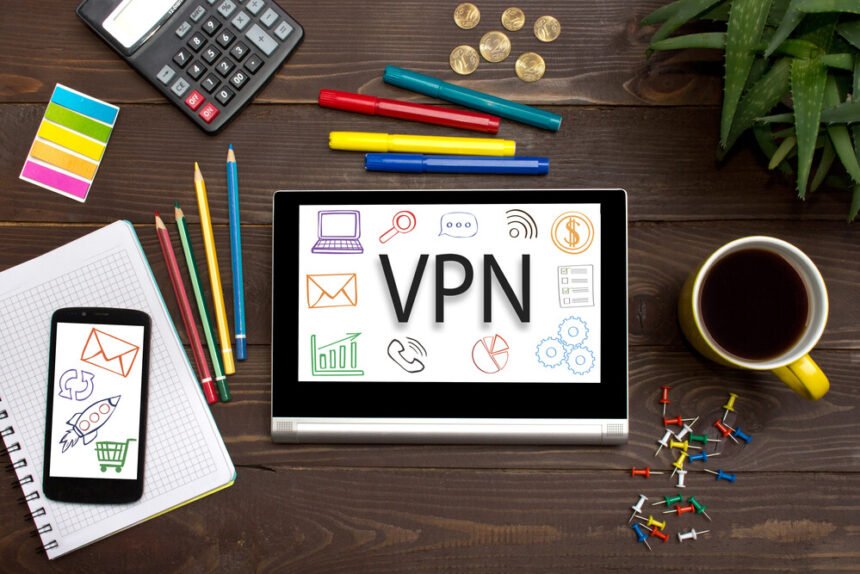AI has led to a number of impressive changes over the years. Even a number of technologies that were considered cutting edge a few years ago are obsolete in the age of AI.
VPNs are a prime example. AI is creating new solutions for VPNs, which is enhancing privacy in a number of ways.
AI Creates New Passthroughs for VPNs
A little over a year ago, Tech Radar published an article about the future of AI with the VPN industry. One of the biggest changes they talked about was AI-based routing, but there are other changes on the horizon as well.
On the back of the rise in Internet crime, more and more users start thinking about making their home networks secure, and their traffic – not bound by state borders. VPN tools and browser extensions that rely on AI are extremely popular, and most people are satisfied with them, being able to surf all the Internet without those annoying “this content is not available in your country” things. But what if you want real protection? That’s when you start searching for answers and expert solutions, such as VPN-routers, Google Chrome VPN extension and professional VPN suites. They use highly advanced AI capabilities to deliver better services for customers. AI is really a game changer for these products.
Machine learning is a double-edged sword for privacy. As AnalyticsInsight points out, governments around the world are using AI and machine learning to violate our privacy. The good news is that the same technology can be used to make VPNs a better defense by improving the passthroughs they use.
One of the first questions, arising during the process is:
What is a VPN passthrough?
What’s most fun is that probably you don’t even need this answer unless you own a trophy WW2 router or are using a first-generation VPN tool. But here it is anyway: VPN traffic is a bit different from normal traffic, and VPN passthrough is a feature of a router that allows this unusual traffic to pass, creating outbound VPN connections.
How does it work?
VPN passthrough is a mix of two features: PPTP passthrough and IPSec passthrough created to work with two different VPN protocols. The problem with them is that both these protocols don’t sit well with going through NAT (Network Address Translation) and need additional enhancements to pass unhindered.
Do I even need it?
This is not the right question in the first place. You already have it in your router, and it’s turned on by default, even though you’ve probably never noticed it. This feature was mainly needed several years ago, when most VPN tools used the now-outdated, IPSec, L2TP, and PPTP protocols.
Should I use VPN software with modern protocols then?
Yes, you definitely should. Advanced protocols, such as SoftEther, SSTP, or OpenVPN, are not just newer. They also give more protection, utilize more complex encryption, work faster, and guess what? They don’t need a VPN passthrough to function correctly!
Summary
VPN passthrough is a function that every modern router has, and it’s turned on by default. In most cases, you don’t have to worry about it, but if the need arises – you can easily turn it on or off in your router’s settings.
The most popular questions regarding this VPN technology
- What is IPSec passthrough?
It’s a part of a VPN passthrough that wraps IPSec packets into UDP packets to let them pass through your router.
- What is PPTP passthrough?
PPTP passthrough deals with GRE (an essential part of the PPTP protocol), changing it to an enhanced version to pass NAT.
- How do I put a VPN on my router?
You can do it only if you have a router that has a function of installing a VPN tool into it, to make all traffic secure and encrypted as it passes through your router. If you have a regular router – you can only install a VPN on your device.
- What is a Linksys VPN passthrough?
It is a VPN passthrough feature, used on Linksys routers. It is always turned on, so you don’t need to bother about it.
AI is Improving the Effectiveness of VPNs
Artificial intelligence has been invaluable for protecting online privacy. A growing number of VPNs are using AI to improve the passthroughs and provide better encryption. This will help maximize privacy in the years to come.

